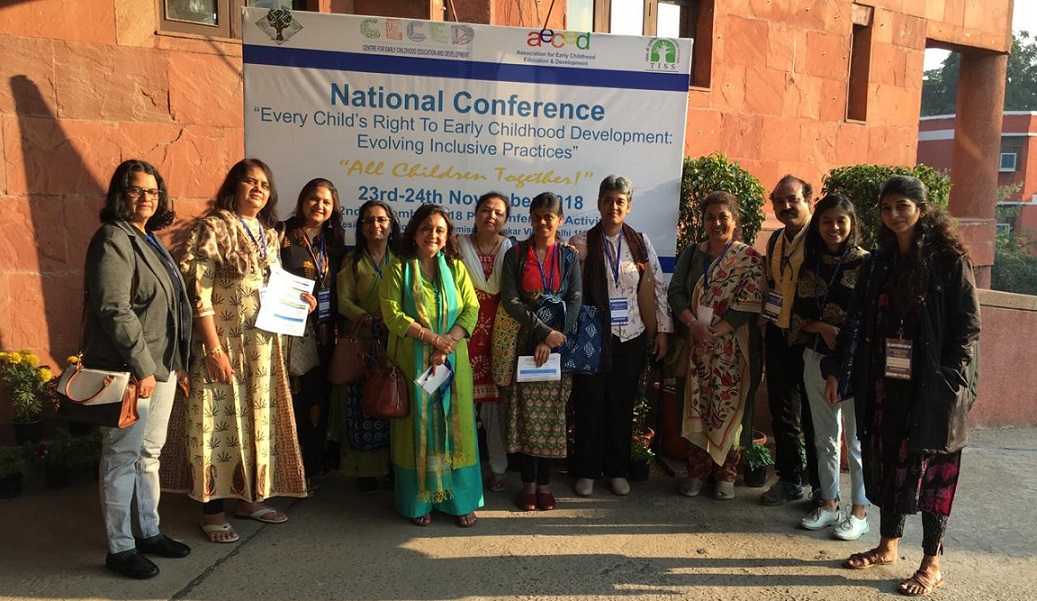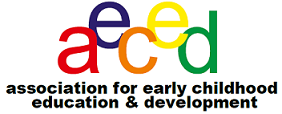Our Story
It is the continuation of a meaningful journey embarked way back in 1964 in the previous avatar of Indian Association for Preschool Education (IAPE). IAPE was started by an eminent group of early childhood professionals at Delhi and inaugurated at Lady Irwin College in the presence of Prime Minister Shri Jawaharlal Nehru. In the subsequent years IAPE members played a prominent role in contributing to government policies regarding young children’s welfare and education.
In 1972 a national seminar was organized by IAPE at the suggestion of Indian government after the submission of the report of the ‘Study Group on the Preschool Child’ to examine the draft proposal for provision of services to the preschool children in the fifth five year plan. The seminar was attended by representatives of Central and State governments besides professionals from prominent Universities and Institutes. After the deliberations, the IAPE committee submitted a memorandum to the Planning commission providing practical recommendations based on known ground realities. This is one of the many examples of proactive role played by IAPE at national level.
In response to the new research in the field of Early Childhood and the fast paced changes of the 21st century as well as the increasing aspirations of parents and teachers in varied settings, it was imperative to extend the scope of the organization’s efforts for the young child. AECED was formed as a re-invention of IAPE – it includes the goals of IAPE but it also responds to contemporary expectations. It now works from a rights based perspective and works through a wider outreach of key ECD stakeholders such as educators, caregivers, parents, children as well as functionaries linked to education, care, health, nutrition and protection.

During the last 10 years, AECED has strengthened its robust advocacy and action through the start of two new branches in the west and south of the country, AECED Mumbai (www.mumbaiaeced.org/) and AECED Chennai. These branches and the National as well, are driven by a core group of senior ECD professionals who volunteer their time and skills as thought leaders for the network.
Some of the core activities which AECED has been engaged with have been- organizing National conferences on relevant and varied issues pertaining to children’s development, advocating for quality early childhood education and care, and professional development of workforce in response to changing needs. Capacity building through well curated workshops, seminars and discussion forums, to support educators and caregivers/parents as well as regular newsletters for the ECD members, have been some other endeavours.
The Association through its distinguished history, credible members and the responsive engagement, has been recognized by the Government of India as well as various state governments to provide policy support and set up standards for care and education of children in early years. Participation of members has also been in the NCERT’s National Curriculum Framework 2005, ECD policy 2013 and the early childhood education curriculum.
More recently AECED National and Mumbai worked with the Department of Women and Child Development, Government of Maharashtra, and UNICEF (along with other NGOs/stakeholders) on setting up guidelines for early childhood care and education settings (crèches/day care settings/play groups) for the state of Maharashtra. AECED played a lead role in finalizing the guidelines along with other stakeholders.
AECED has also collaborated with ARNEC (Asia Pacific Regional Network for Early Childhood) to share research briefs and other materials and the noteworthy practices launched in the region which were presented at the last conference and shared with the participants.
AECED is a professional network and runs on the steam of high commitment, competence and informed conviction for the Early Years. It looks at growing in the future to have branches in the north and east as well to enable a more concerted advocacy and action and a wider member growth in response to the holistic nature of ECD and bringing in all who work or contribute to the early years in different capacities.
